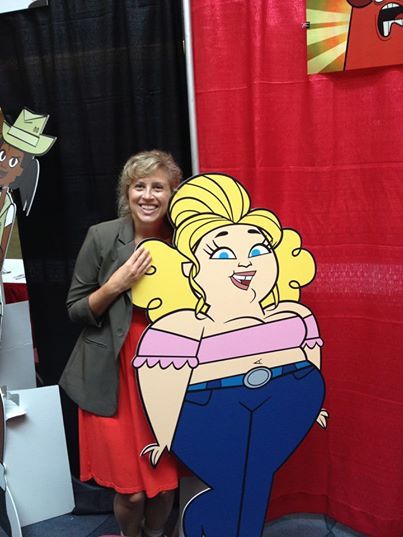According to a 2015 Gallup poll, only 32.1 percent of employees are engaged in their jobs, which Gallup defines as "those who are involved in, enthusiastic about and committed to their work and workplace." That means 67.9 percent are disengaged -- or as human resources consultant and author, Alaina Love told me on my radio show Green Connections, "70 percent... feel like life begins on Friday at 5 o'clock and ends on Monday morning."
"Those (disengaged) are the folks sort of biding their time doing what they need to do, making sure they look busy when the boss walks by, but checking the clock and making sure I'm out of here at 5 o'clock and I don't give this place one more moment of my time that I don't have to," Love continued. "I'm doing what's necessary to earn my paycheck or maybe to just make it look like I am." Even at the "manager, executive or officer" level, Gallup reports (38.4 percent).
This disconnection affects the bottom line:
Gallup research shows that employee engagement is strongly connected to business outcomes essential to an organization's financial success, such as productivity, profitability and customer engagement. Engaged employees drive the innovation, growth and revenue that their companies need.
Why Are So Few of Us Into Our Jobs?
Employees generally disengage from their work because they don't feel they can be themselves there. For many, it's because they feel they need to hide something about themselves to keep their job and/or advance. Deloitte University Leadership Center for Inclusion's Managing Partner Christie Smith and New York University Law School professor Kenji Yoshino conducted a study on this issue -- of 3,129 employees across 20 large U.S. companies in 10 industries -- and found that 61 percent of workers said they "faced overt or implicit pressure to cover in some way,"
Yet, successful business leaders and executive coaches keep preaching "authenticity" and "fearlessness," and when we do feel safe to be ourselves, we are more engaged in our work. But, in an image-driven age when reputations can be lost in a split-second misperception of something relatively innocent, many feel being themselves is too risky.
So How Do You "Be Authentic" and Keep Your Job?
You become more authentic at work in a number of ways. First of all, get clarity about what's expected of you. Another Gallup poll showed that only about half of us know what's expected of us on the job. Knowing where the goal-posts are gives you clear vision and clear deliverables, which can bring greater comfort.
In addition, we are more authentic when we are at peace with our idiosyncrasies - we all have them! I like to use self-deprecating humor, which disarms potentially awkward moments, for example.
Learning from the Disembodied Voice
One of the more inspiring ways to get comfortable with one's authentic self I discovered from a rather unexpected source: the disembodied voice. That is, the voice actor behind those cartoon characters in television/web shows and movies, and the commercials we fast-forward through.
Sunday Muse, an award-winning voice actor who has been the voice of several cartoon characters and commercials, did a cool process at the Mid-Atlantic Voice Over conference recently that strips away the clutter blocking our authenticity (at least temporarily).
Starting with giving us mere seconds to come up with our personal purpose (focus!), Sunday put us through energetic exercises -- including intense laughter, tossing a ball around and screaming any words that came to mind around a theme (ours was "mushrooms") -- Sunday got us into a state of "play." That is, out of our heads. She also had us dance around to let go of whatever we feel is holding us back; "let it drip off your fingertips," she said.
The state of "play" is to "strip away the ordinary... (and) shift into a spirited, fun, sense of joy place where you're tapping into your own childlike, playful qualities," Sunday told me, to free up your authentic self.
It's ironic that the voice we usually tune out -- when we fast-forward through the commercials -- can help us tune into and embrace our authentic selves.
Maybe we should have "recess" breaks at work?


